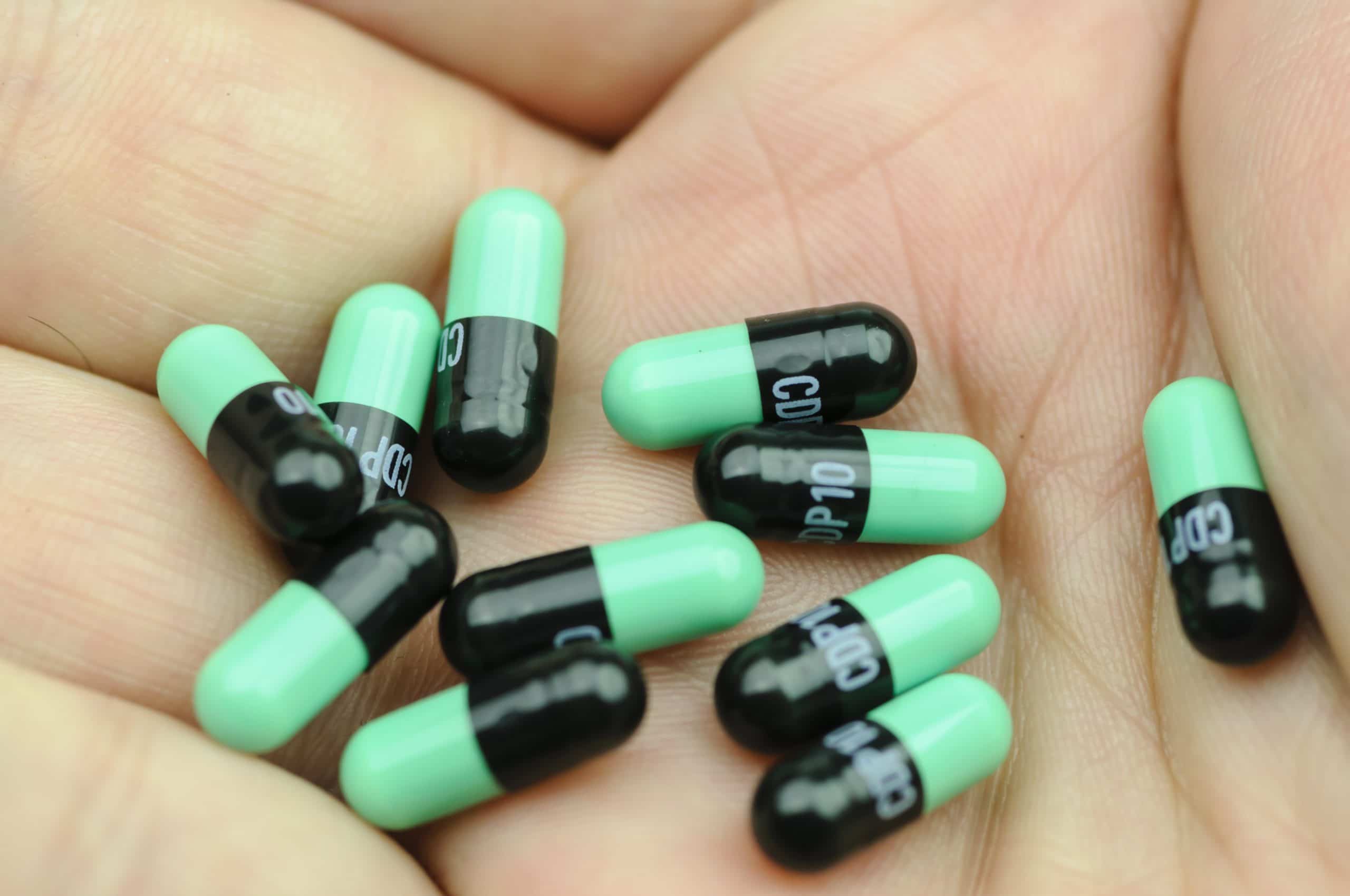As the opioid crisis perpetuates a health emergency across the US, an average of 18 million people report abusing prescription drugs. That’s more than 6% of individuals over 12 years of age, and it’s an issue that, due to the legal acquisition of these drugs themselves, is often worryingly overlooked.
It’s this easy avoidance that has largely allowed this problem to escalate, allowing individuals to hide their addictions, meaning that many struggle to get the treatment that they truly need. This can be a significant problem, posing notable health risks and potentially leading to the abuse of illegal drugs if prescriptions become unavailable.
This, and the increasingly detrimental impact that opioid misuse is having on the healthcare system and society overall, highlights the need for understanding with regard to what prescription drug abuse looks like. Whether you suspect that a loved one could benefit from intensive treatment to address an issue of this nature, or simply want to know the signs if they do arise, keep on reading to learn about the 7 signs of prescription drug abuse.
7 Signs Of Prescription Drug Abuse

# 1 – Weight Loss
Unlike many illegal alternatives, prescription drugs are unlikely to impact the behavior of your loved one very notably, to begin with, but unexplained weight loss can be a telltale sign of problems. This issue may be accompanied by a lack of appetite, and will often occur more quickly than weight loss normally would, resulting in a gaunt appearance and increased levels of fatigue.
# 2 – Poor Decision Making
While also often less notable than the sometimes dangerous impulse decisions that many other drugs can cause, prescription drug abuse can lead to poor decisions, especially with regard to how prescriptions are gained (e.g. forgery, buying online, etc.). Prescription addiction may also lead to excessive spending, unreliability, or even periods spent on destructive behaviors, including over-drinking or spending too much time partying in general.
# 3 – Visiting Multiple Doctors
Often, it can be difficult to pinpoint prescription addiction until you notice behaviors such as strange doctor visits, or continual changes to how individuals access their healthcare. If your loved one has visited more than two or three doctors in the last six months, especially, it’s a sure sign that they’re going elsewhere to ensure a prescription that they’re becoming increasingly reliant on.
# 4 – Lying About Usage Or Hiding Prescriptions
While symptoms until now are often easy to overlook or disregard, signs such as lying about prescription usage or hiding prescriptions around the house can be the first undeniable hint of a growing addiction. Unfortunately, this can be difficult to recognize, but if your loved one is getting through their prescriptions much faster than they should, or if you begin to notice bottles hidden around the house, then it’s a sure sign of a problem.
# 5 – Mood Swings
While individuals may experience an elevated mood when first using prescription drugs, especially with things like painkillers, addiction here is often highlighted by notable mood swings, particularly when drugs are unavailable. Irritability, lethargy, and even depression certainly aren’t unusual during these periods, and will typically be accompanied by notable mood increases including giddiness and hyperactivity when prescriptions are available again.
# 6 – Changes In Sleep Patterns
Ongoing abuse of prescription drugs can also lead to unusual sleep patterns which vary depending on the drug in question and may include insomnia and an inability to settle, or increased drowsiness and far longer periods of sleep.
# 7 – Reason For Concern
Fundamentally, the hidden nature of prescription drug abuse means that, if you even slightly suspect that your loved one could benefit from outpatient programs or even more intensive forms of treatment, the chances are that your suspicions aren’t entirely off the mark. While it can be difficult to discuss something like this, you should express your concerns to the individual in question, and give them a chance to either speak with you about what’s happening or to come to terms with a growing issue that they’ve been avoiding themselves.
Just as it’s difficult for users to admit their addictions, it can be incredibly painful to admit that our loved ones may be struggling with an addiction of this nature. However, with many addicts relying on the support of their families and loved ones to help them seek treatment and ultimately recovery, you certainly shouldn’t avoid these symptoms, especially if you notice two or more of these problems over an extended period.

